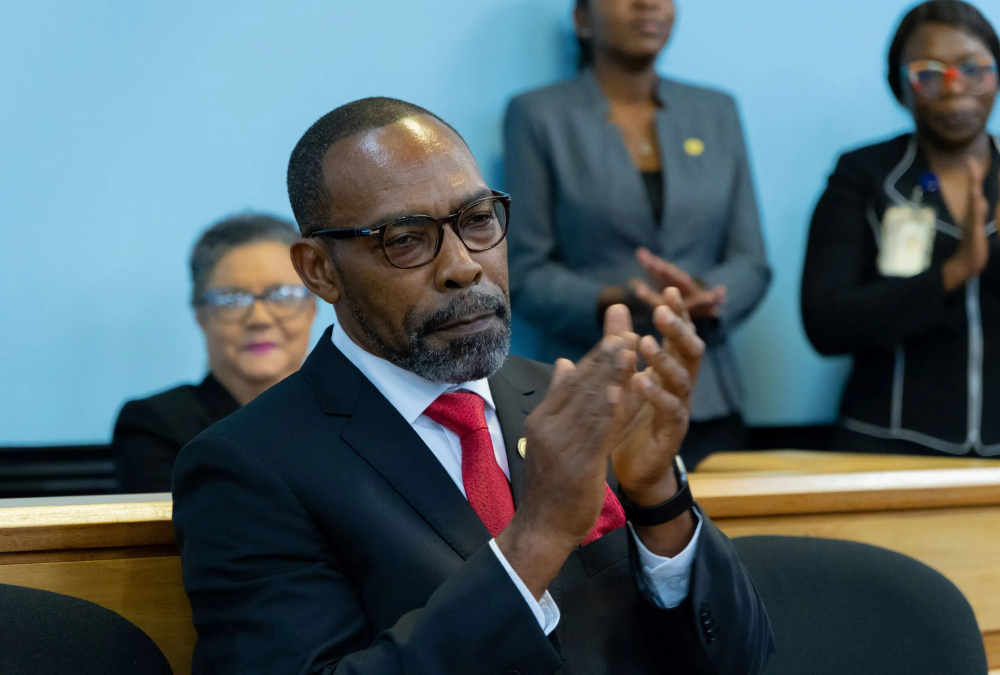News
Winston Anderson confirmed as new president of the Caribbean Court of Justice

The Regional Judicial and Legal Services Commission (RJLSC) has recommended Justice Winston Anderson, a distinguished Jamaican-born jurist, to Caribbean Community (CARICOM) leaders as the next president of the Caribbean Court of Justice (CCJ). The recommendation was accepted, paving the way for Anderson to become the fourth president of the CCJ, succeeding Justice Adrian Saunders of St. Vincent & the Grenadines, who is set to retire later this year.
Barbados’ Prime Minister and current CARICOM Chairperson, Mia Mottley, expressed her support, stating, “We congratulate Justice Anderson on his appointment to lead the Regional Treaty Interpretation Body.”
Anderson, 65, boasts an impressive academic background, having graduated from and lectured at the University of the West Indies (UWI) and Cambridge University, where he earned a doctorate in philosophy in 1988, specializing in international and environmental law. He further honed his legal expertise at the Inns of Court School of Law in London, being called to the Bar of England and Wales the same year.
Throughout his career, Anderson has held prestigious positions, including senior lecturer roles at the University of Western Australia and UWI, where he later became Professor of Law. From 2003 to 2006, he served as General Counsel of the Caribbean Community on secondment from UWI, and in 2007, he was appointed executive director of the Caribbean Law Institute Centre.
Justice Anderson joined the CCJ as a judge in 2010 and is a prolific author, with notable works such as The Law of the Sea in the Caribbean, Caribbean Private International Law, and The Law of Caribbean Marine Pollution.
With his extensive legal and academic credentials, Justice Anderson is poised to lead the CCJ into its next chapter, continuing its vital role in regional jurisprudence.

